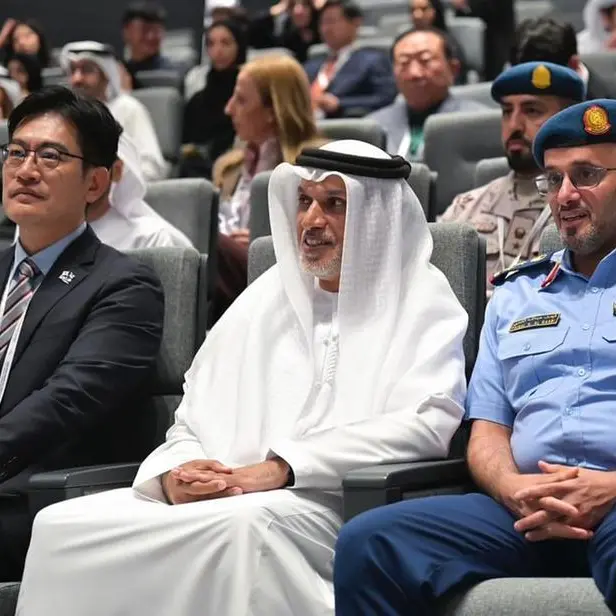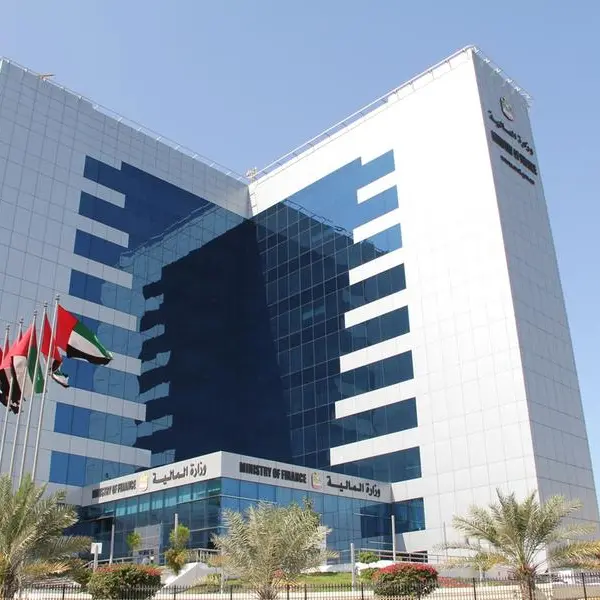PHOTO
* Algeria seeks to diversify economy
* Tax benefits in draft law
* Bureaucracy among hurdles to investment
By Hamid Ould Ahmed
April 27 (Reuters) - As part of steps to open up its economy after a sharp fall in energy earnings, Algeria's government has drafted a new investment law offering incentives to local and foreign businessmen in its non-oil sector.
The draft, a copy of which was seen by Reuters, includes tax breaks and measures to ease bureaucratic procedures that have been one of the main hurdles to investment over the past years in the North African OPEC state.
Introducing changes into the country's investment law comes within wider reforms promised by government since mid-2014 when oil prices started to fall, slashing state energy revenues by almost half and forcing budget cutbacks.
The government has already cut spending by 9 percent for this year, approved increases in subsidised fuel and gas prices and vowed further measures to seek new financing sources, including a domestic bond sale.
"The bill provides for new mechanisms to ensure support to investors, the improvement of the business climate, local decision making and the creation of a new one-stop shop," said Industry Minister Abesslem Bouchouareb.
Under the draft law, all imported goods and services intended for investment projects will be exempted from customs duties and value-added tax (VAT).
Investors will get 10-year exemptions from tax on property needed for a project. The text also includes free-tax on company profits for three years from the start of the exploitation of a project.
Among other incentives, infrastructure needed for any investment project will be partially or totally financed by the government.
Investment in sectors such as industry, agriculture and tourism will enjoy "additional benefits", it said, without giving additional details.
Algeria's high imports of goods, food and services caused a trade deficit of $13.71 billion in 2015 after a $4.306 billion surplus the previous year.
The current investment law limits partnerships between local private and state companies and with foreign firms, and centralises decisions linked to approval of investment projects.
Approved by the government before parliament's final endorsement later this year, the draft removes some of those barriers to ease business applications and reduces periods for dealing with investment requests.
The draft stresses "public authorities' commitment to bureaucracy reduction and improvement for efficiency of services provided by administrations, especially those involved in the promotion and development of investment activities".
Government officials have repeatedly pledged to remove bureaucracy in Algeria, where layers of red tape and paperwork can add months of delays to projects from building to oil and gas drilling.
"I think there is a political will," said Algerian business consultant Abdelmalek Serrai. "But things will move slowly."
(Editing by Patrick Markey and Tom Heneghan) ((hamid.ouldahmed@thomsonreuters.com;))
* Tax benefits in draft law
* Bureaucracy among hurdles to investment
By Hamid Ould Ahmed
April 27 (Reuters) - As part of steps to open up its economy after a sharp fall in energy earnings, Algeria's government has drafted a new investment law offering incentives to local and foreign businessmen in its non-oil sector.
The draft, a copy of which was seen by Reuters, includes tax breaks and measures to ease bureaucratic procedures that have been one of the main hurdles to investment over the past years in the North African OPEC state.
Introducing changes into the country's investment law comes within wider reforms promised by government since mid-2014 when oil prices started to fall, slashing state energy revenues by almost half and forcing budget cutbacks.
The government has already cut spending by 9 percent for this year, approved increases in subsidised fuel and gas prices and vowed further measures to seek new financing sources, including a domestic bond sale.
"The bill provides for new mechanisms to ensure support to investors, the improvement of the business climate, local decision making and the creation of a new one-stop shop," said Industry Minister Abesslem Bouchouareb.
Under the draft law, all imported goods and services intended for investment projects will be exempted from customs duties and value-added tax (VAT).
Investors will get 10-year exemptions from tax on property needed for a project. The text also includes free-tax on company profits for three years from the start of the exploitation of a project.
Among other incentives, infrastructure needed for any investment project will be partially or totally financed by the government.
Investment in sectors such as industry, agriculture and tourism will enjoy "additional benefits", it said, without giving additional details.
Algeria's high imports of goods, food and services caused a trade deficit of $13.71 billion in 2015 after a $4.306 billion surplus the previous year.
The current investment law limits partnerships between local private and state companies and with foreign firms, and centralises decisions linked to approval of investment projects.
Approved by the government before parliament's final endorsement later this year, the draft removes some of those barriers to ease business applications and reduces periods for dealing with investment requests.
The draft stresses "public authorities' commitment to bureaucracy reduction and improvement for efficiency of services provided by administrations, especially those involved in the promotion and development of investment activities".
Government officials have repeatedly pledged to remove bureaucracy in Algeria, where layers of red tape and paperwork can add months of delays to projects from building to oil and gas drilling.
"I think there is a political will," said Algerian business consultant Abdelmalek Serrai. "But things will move slowly."
(Editing by Patrick Markey and Tom Heneghan) ((hamid.ouldahmed@thomsonreuters.com;))





















